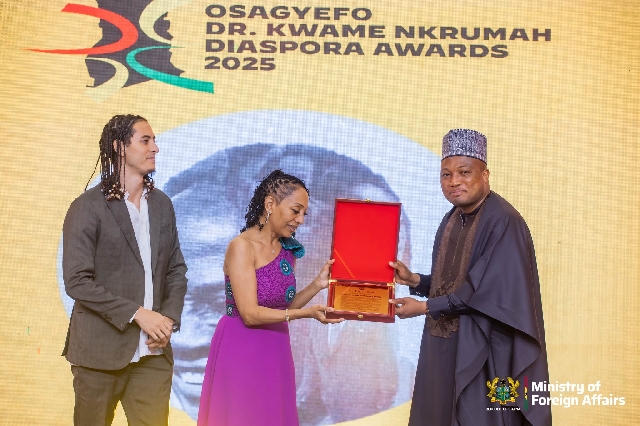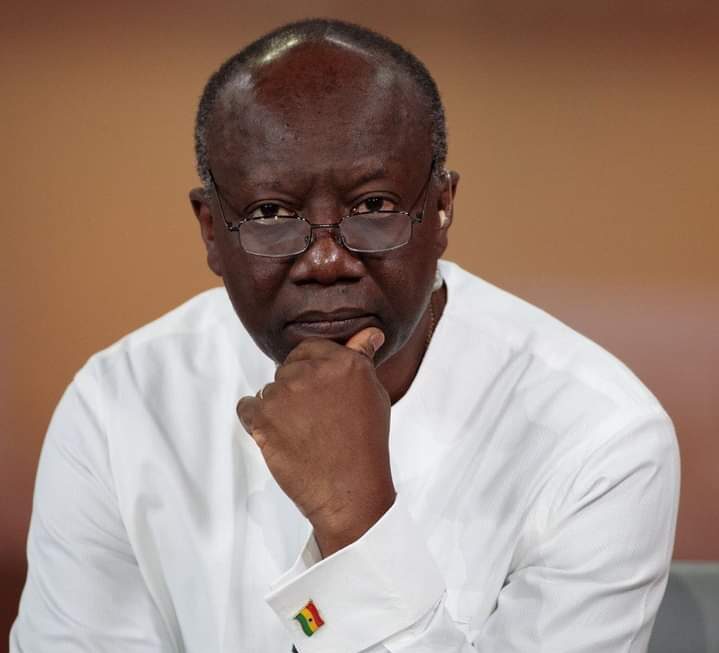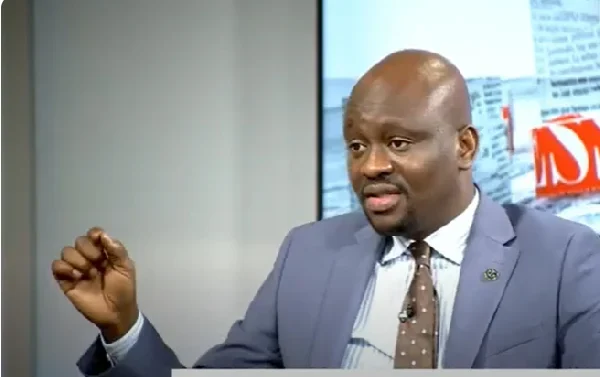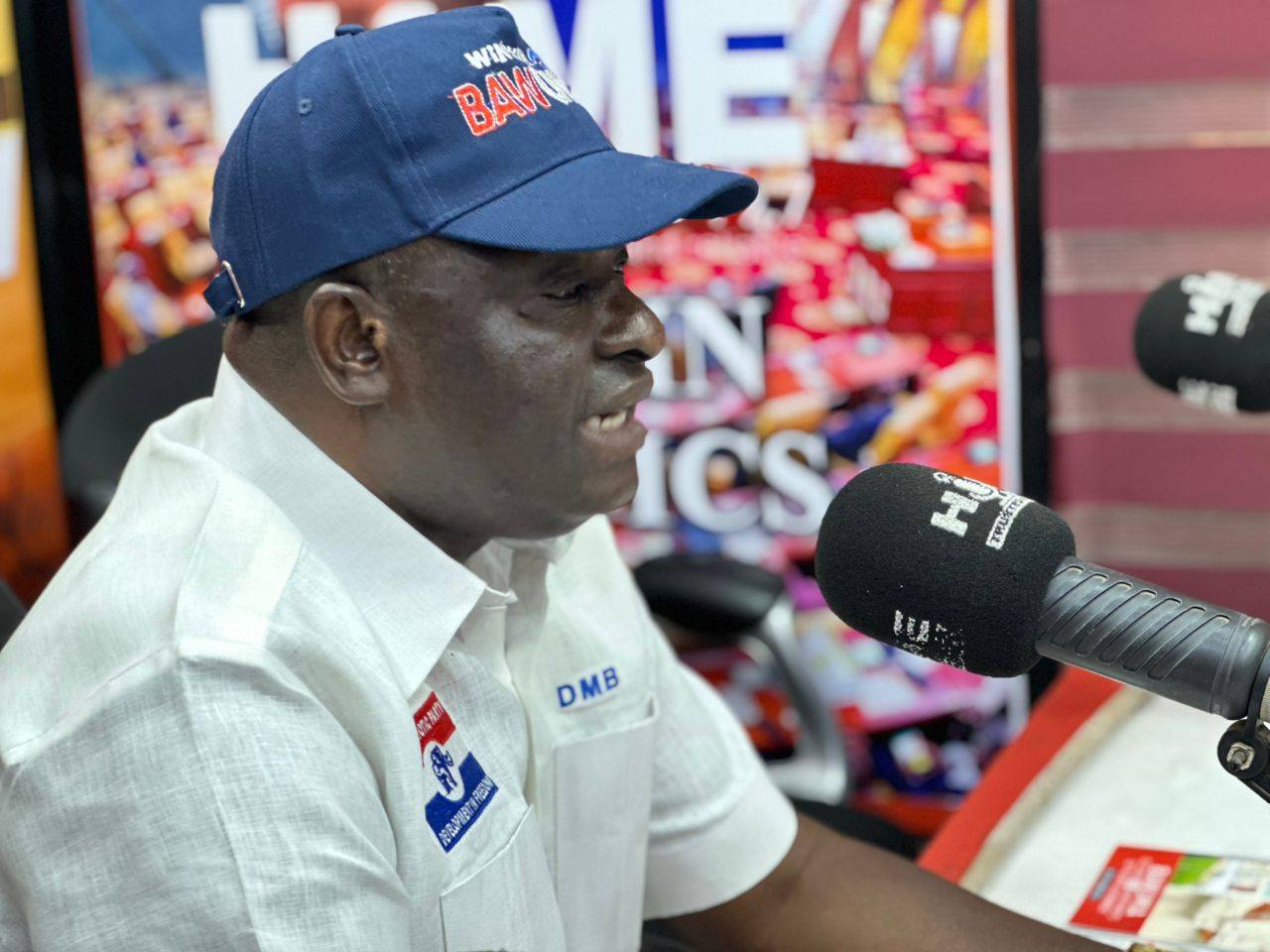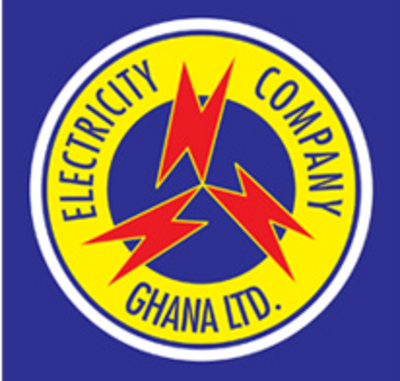The Electricity Company of Ghana (ECG) is facing significant operational challenges due to its management of over 80 active bank accounts, according to a recent audit report by PricewaterhouseCoopers (PwC). Apexnewsgh reports
This decentralized financial structure hampers transparency and accountability, contravening International Monetary Fund (IMF) conditionalities tied to Ghana’s financial support program.
The PwC audit reveals that ECG’s fragmented financial systems make reconciliation and cash flow management difficult. The company’s reliance on multiple accounts also contravenes the Ministry of Finance’s directive to consolidate revenue collections into a single account. This directive aims to enhance financial transparency and streamline operations within state-owned enterprises.
The audit report notes that all funds from district and regional accounts are transferred to 14 head office accounts at the end of each month. However, this process may have contributed to a GHS 490 million discrepancy between the figures reported by ECG and those found by PwC.
The use of multiple bank accounts leads to inefficient reconciliation processes, increasing the risk of unaccounted funds and cash flow management issues. These issues disrupt payments to independent power producers (IPPs) and other stakeholders, eroding confidence in ECG’s ability to manage revenues effectively.
The Cash Waterfall Mechanism (CWM), designed to equitably allocate revenues among sector stakeholders, is also compromised due to inaccurate and timely financial reporting. This exacerbates Ghana’s energy sector debt crisis, which now exceeds GHS 8 billion.
To address these challenges, PwC recommends:
Account Consolidation: ECG should transition to a single revenue collection account to reduce administrative complexity and enhance oversight.
Automated Reconciliation: Implementing real-time reconciliation systems can improve cash flow management and minimize discrepancies.
Capacity Building: Training ECG staff in modern financial management practices is essential to foster accountability and efficiency.
Periodic Audits: Regular third-party audits can help identify and rectify gaps in financial oversight.
As public scrutiny intensifies on ECG’s operations and power delivery challenges, Ghanaians await the appointment of a new leader to steer the company. The Minister of Energy designate, John Jinapor, has indicated his alignment with President Mahama’s position on privatization of ECG. However, the new leadership’s ability to enforce financial reforms and ensure compliance with directives will be critical in addressing the company’s operational inefficiencies.
Source: Apexnewsgh.com




